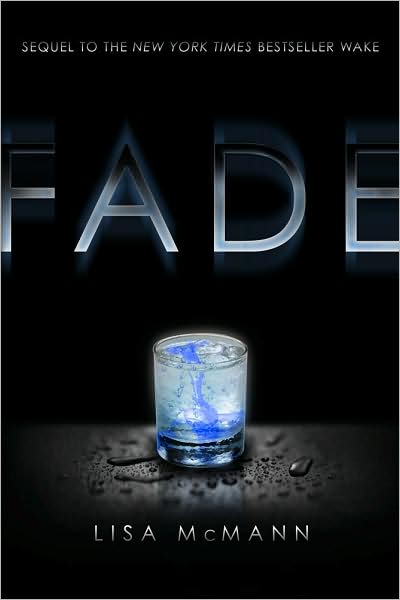

As a writer, I know that most authors do tend to write short sentences when writing their first drafts. The author argues that the reason it was written that way was because it was just the way she wrote it out the first time. Periods indicate the end of a complete thought. Doing so in this book gives me a headache.

As a student, I was taught in school that you have to pause after each period. I'm also shocked by the fact that people see the use of short, choppy sentences as "lyrical" and argues that such is better to keep the attention of young adults. Nor do I recall if this was the case when used in this book - I'm just stuck on short sentences. Yes, I know "but" can be used to begin a sentence when used with "for" or "what" as an idiom - I just don't agree with it. I don't believe in ending a short sentence, only to use "but" as the beginning of a new sentence. Call me a grammar nazi if you'd like, but I'm a stickler on using complete, descriptive sentences. As I said before, I've read reviews and I've seen the commentary on the writing style - but, I just cannot accept it. The positive to this was that the dates helped out a lot when it flipped from present to past, then back again. I do love the concept of the timestamp, but I feel as though it was overused. Having said that, I have to point out my biggest problem with this book: the writing style. It's something that hasn't been touched on a lot in the YA genre and has a unique feel to it. It shakes Janie up - and shakes her up even more when she figures out that the murderer notices her in the dream. However, that changes one fateful night when she happens to drive past a house where a guy is having a nightmare and actually murders someone in his dream. She's pretty used to the petty dreams that highschoolers have because they usually just center around that person, a crush they may have, or something more perverted. but school seems to be a problem, considering that kids can and do fall asleep in her classes. If at all possible, she avoids being around anyone that falls asleep. She doesn't tell anyone about what she has to go through, she just keeps to herself about it. She's not narcoleptic - she's actually aware of her surroundings during the whole thing - she just can't control her gift enough to get herself away from the dream. You learn that whenever someone goes to sleep in her presence, she instantly gets sucked into it. When the book starts, you meet a present-day Janie dealing with what is your first insight into her "condition". I needed some information to make my rating completely justified, and I feel as though I have that now - which I will explain in further detail within my review. As a footnote, I'd like to say that I did actually read some other reviews and the author's book commentary before I started this review.


 0 kommentar(er)
0 kommentar(er)
